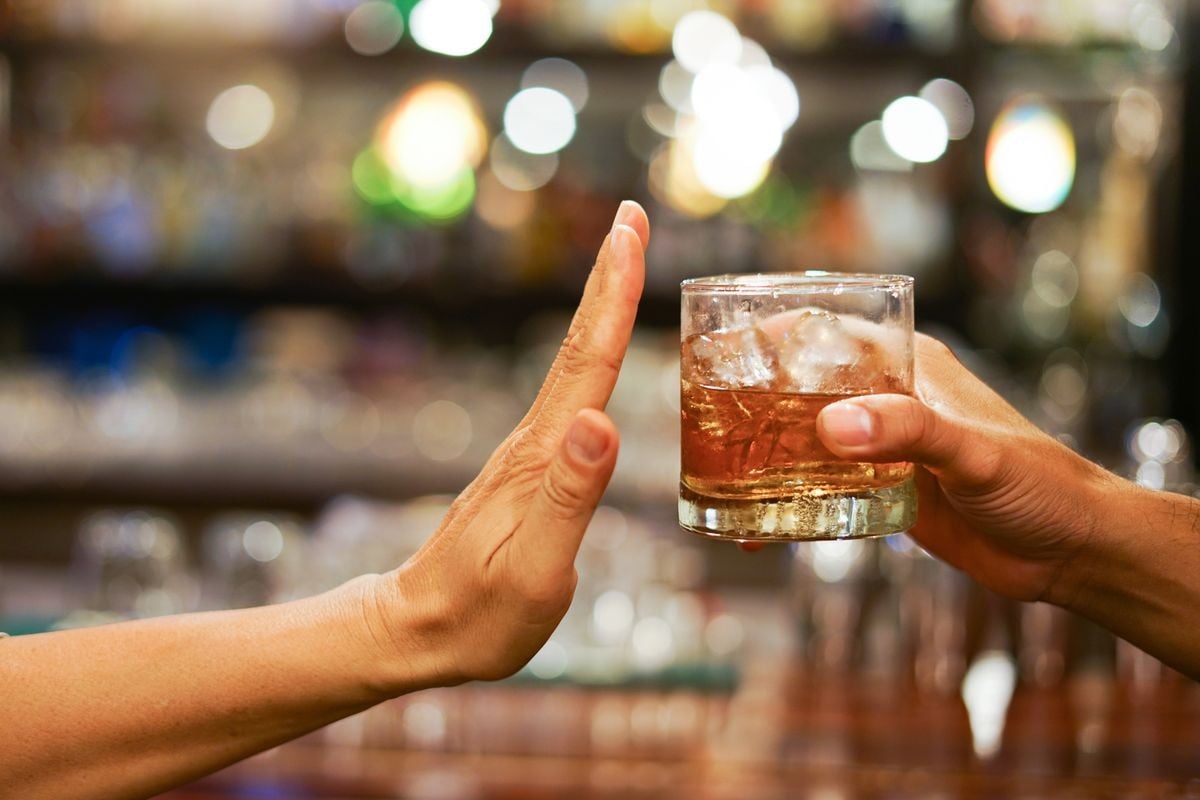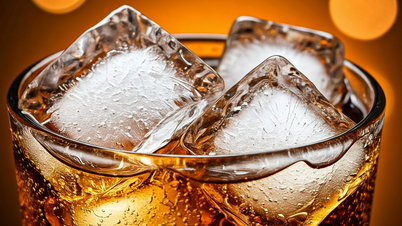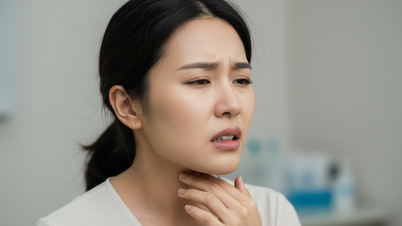According to experts, stopping alcohol consumption for 1 month can help with healthy skin, weight loss, better sleep and reduce the risk of future health problems.
 |
| You will see weight loss if you stop drinking alcohol for about 3 weeks. (Source: Getty Images) |
During the first week of quitting drinking, your sleep will improve and you'll wake up easier in the morning, research has shown that regular drinking can lead to symptoms of insomnia.
Drinkaware chief executive Karen Tyrell told the Mail : "Although some people find drinking alcohol helps them fall asleep faster, it disrupts the rapid eye movement (REM) stage of sleep, leaving you feeling tired the next day, no matter how long you stay in bed."
According to GoodRx, enjoying a pint of beer can lead to less REM sleep and cause you to wake up more often in the middle of the night.
Clear skin is another expected sign about 2 weeks after quitting alcohol.
According to Medical News Today , alcohol has a diuretic effect, which can dehydrate the skin. In the long term, alcohol can also contribute to an increased risk of infections and skin cancer because it weakens the immune system.
By week 3, people who have been drinking alcohol may see weight loss.
"If you're overweight and a regular drinker, you'll see a noticeable weight loss after giving up the habit," says Tyrell.
A pint of beer contains a total of about 154 calories, while a 150ml glass of wine has about 123 calories. Meanwhile, a 30ml shot of spirits such as vodka, tequila, gin and rum usually contains less than 100 calories. The calories you take in can also add up quickly if you enjoy a few cocktails on the weekend.
According to Healthline , four weeks or more of abstaining from alcohol not only helps the liver recover, but can also reduce the risk of heart disease and cancer.
“Stopping drinking or giving your liver a break every so often can give it a chance to recover, but the less you drink, the less likely it is to get damaged,” Tyrell says of liver damage.
Recent research has revealed that any amount of alcohol consumption can increase the risk of more than 60 diseases in habitual drinkers. Last year, scientists said that the "safe" amount of alcohol to consume was just 2 tablespoons (15 ml).
Source








































































































Comment (0)